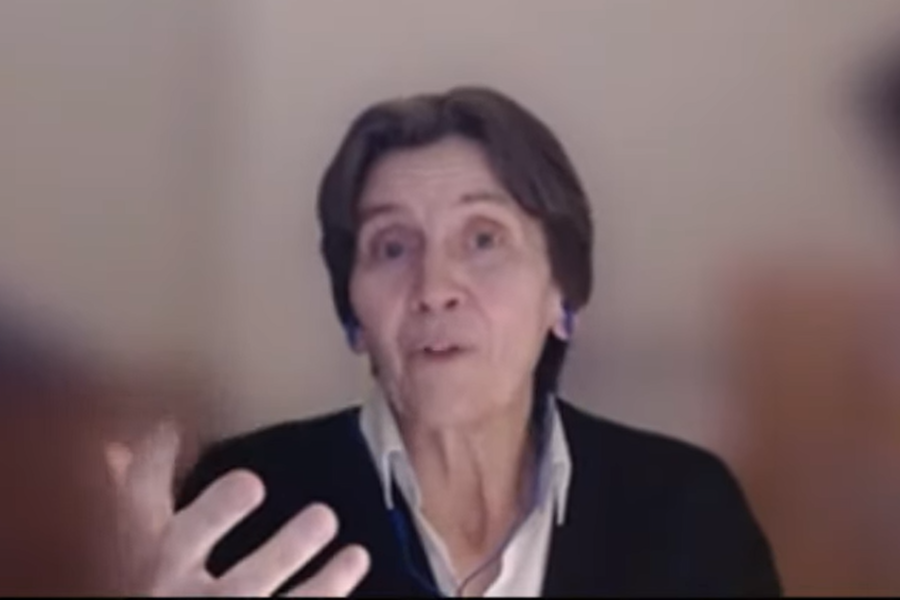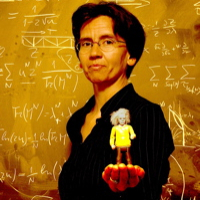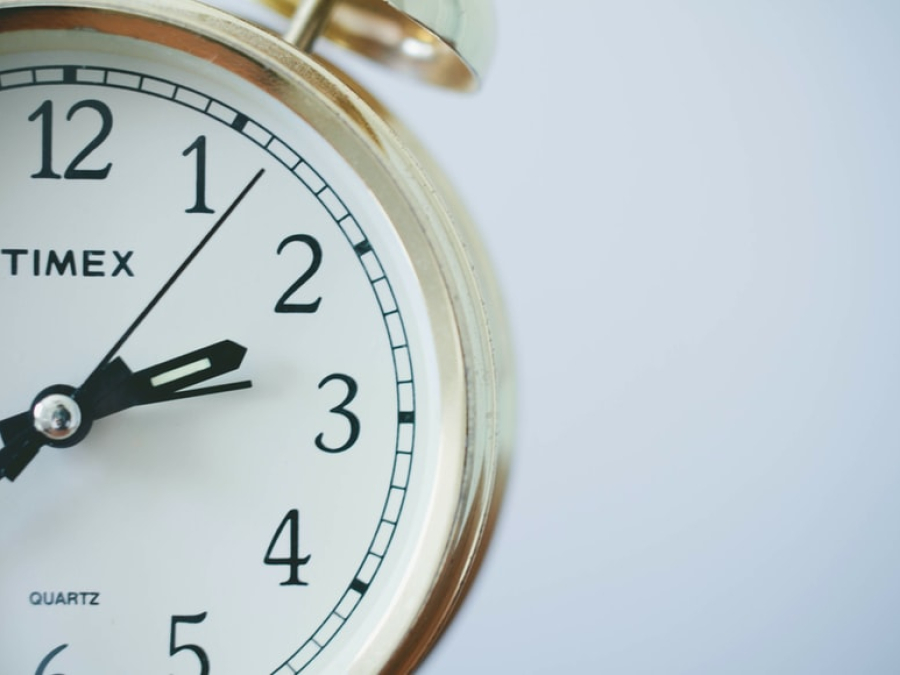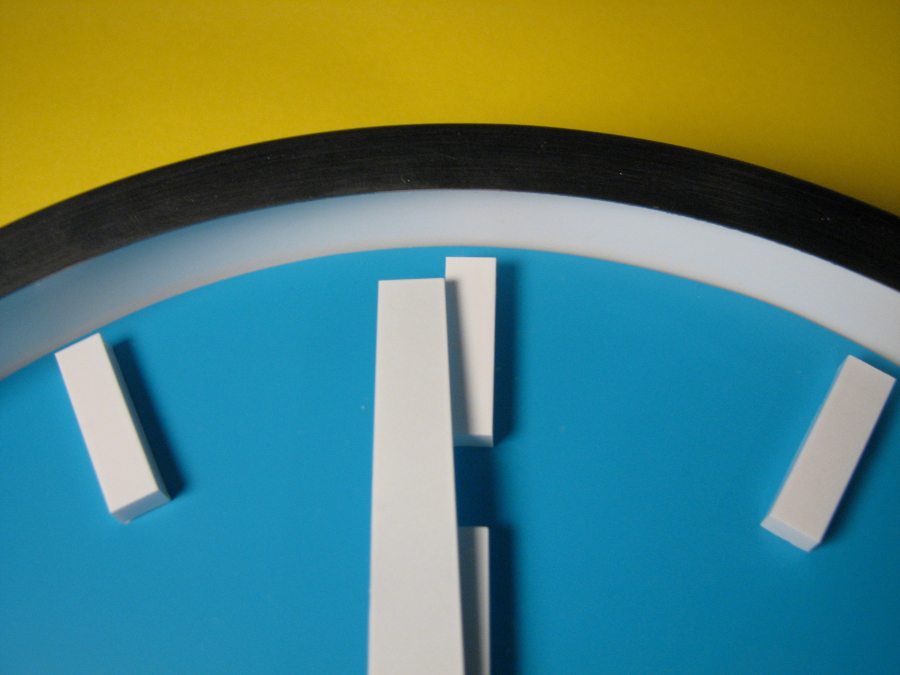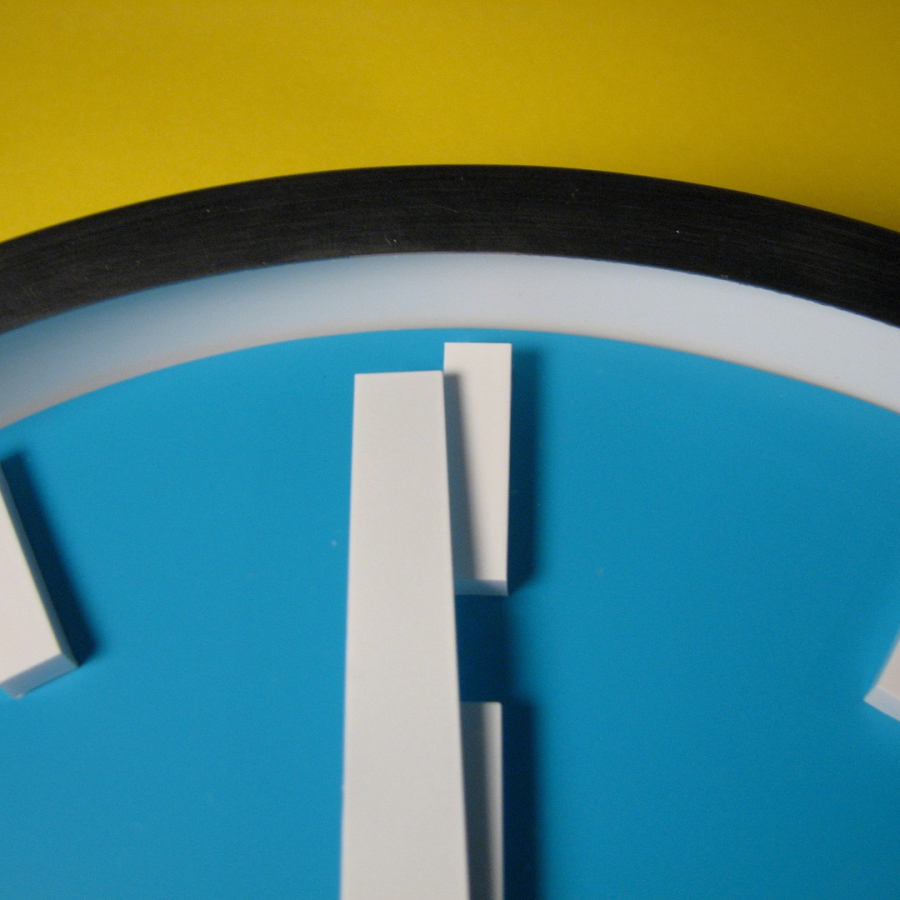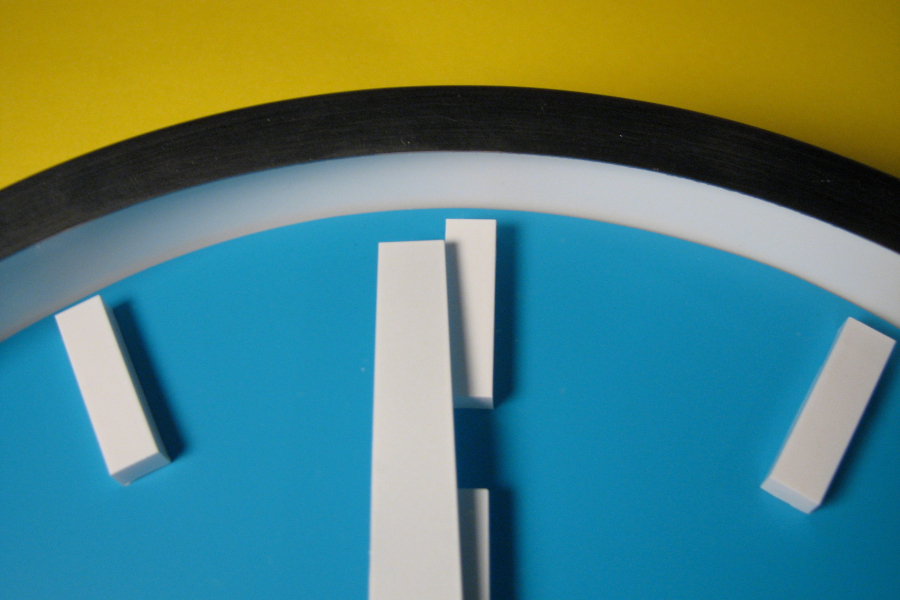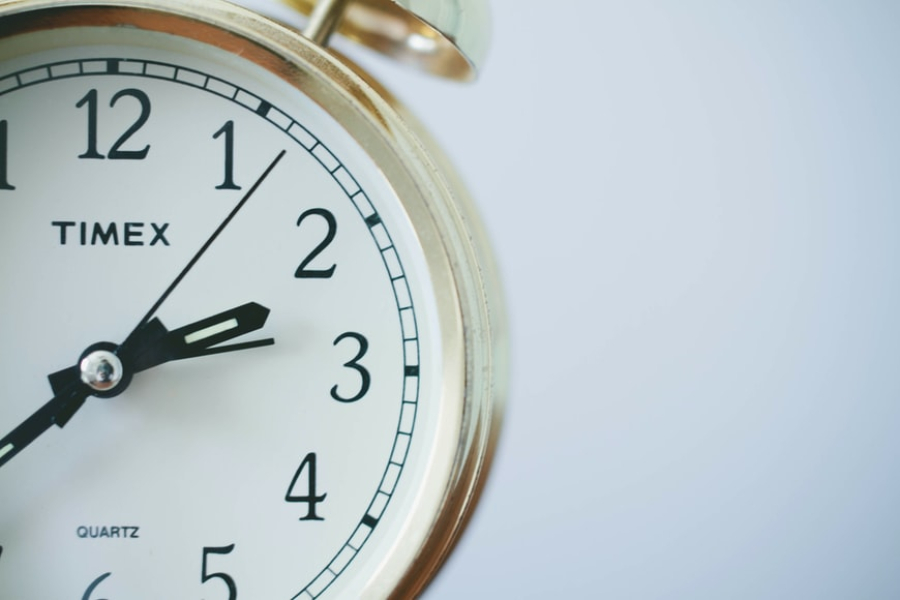When time ticks differently according to physics
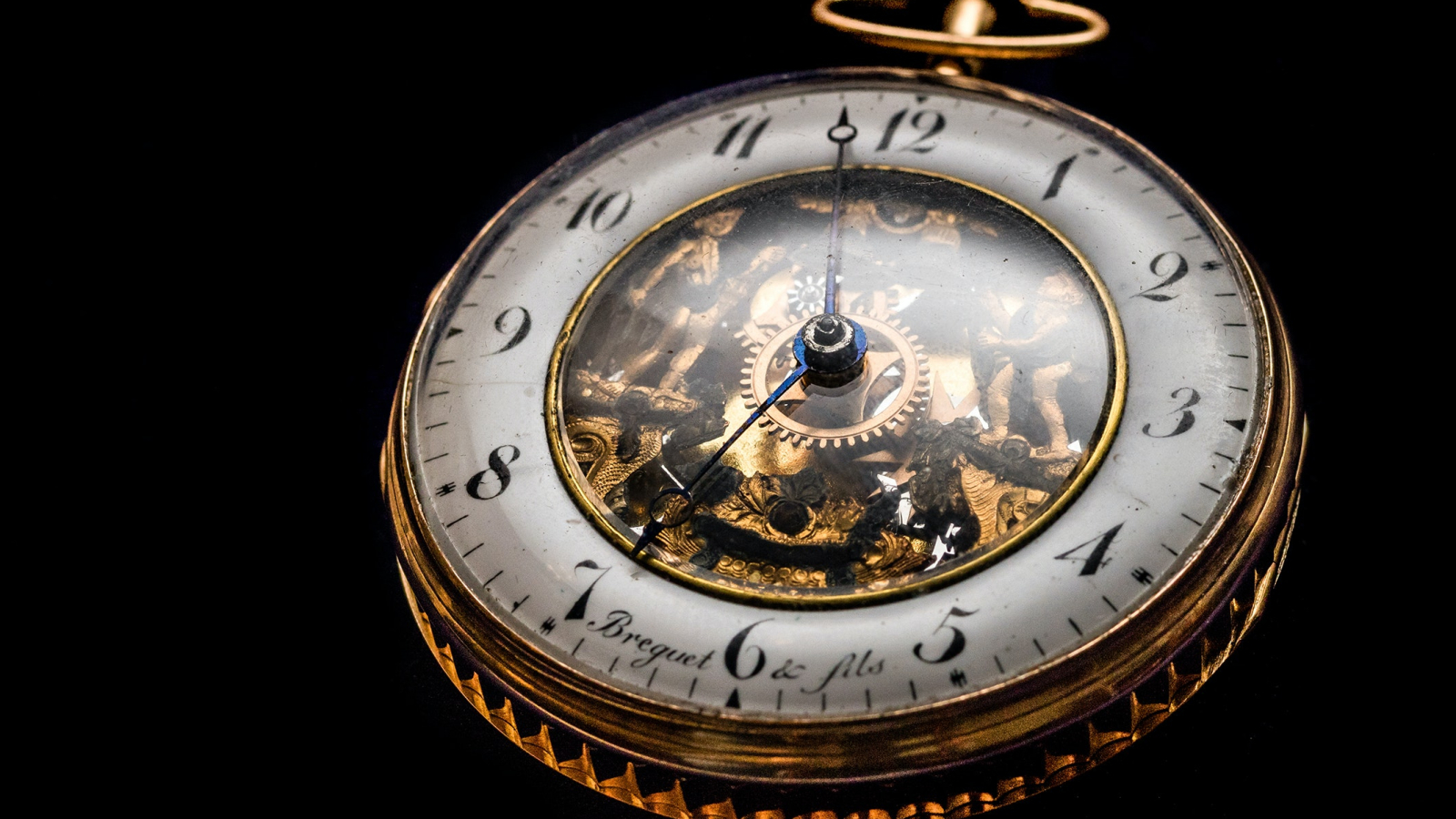
What is time? "Time is what is measured by clocks", answered theoretical physicist prof. dr. Renate Loll (Radboud University Nijmegen). Although this might sound like a simple answer, it is much more complicated than it might seem. There are a lot of philosophical and physical questions about time to which we still don't know the answer. What does the clock actually tell us? How does the view of time that we have in our minds, differ from what 'time' actually is according to physics? And does time have a beginning and/or an end? Loll tries to uncover the nature of time by answering these questions through the lens of physics.
The existence of time
There are three ontological theories about time that raise some debate among philosophers. The first, presentism, states that only the present and present objects exist. This would mean that you exist and the Eiffel Tower exists, but neither Socrates nor buildings that will be built in the future exist. The second theory, eternalism, states that both the past and the future exist. This implies that everything in the future has already been determined. The third theory, possibilism, argues that the past and the present exist, but that there are a lot of different options for the future. While this subject is disputed among philosophers, you could think that physics has the answer to this dilemma. When you throw a ball for example, you can apply the laws of physics to calculate its trajectory. This implies that the future (the place where the ball falls) already existed before the ball actually touches the ground. The idea that a specific future already exists, is counterintuitive for most people. According to Loll, this physical notion also does not mark the end of the philosophical discussion. This discussion about the notion of time resolves around a lot more than theories and laws of physics can answer. It does show that philosophical thinking, laws of physics and our own intuition can lead to different conceptions of time.
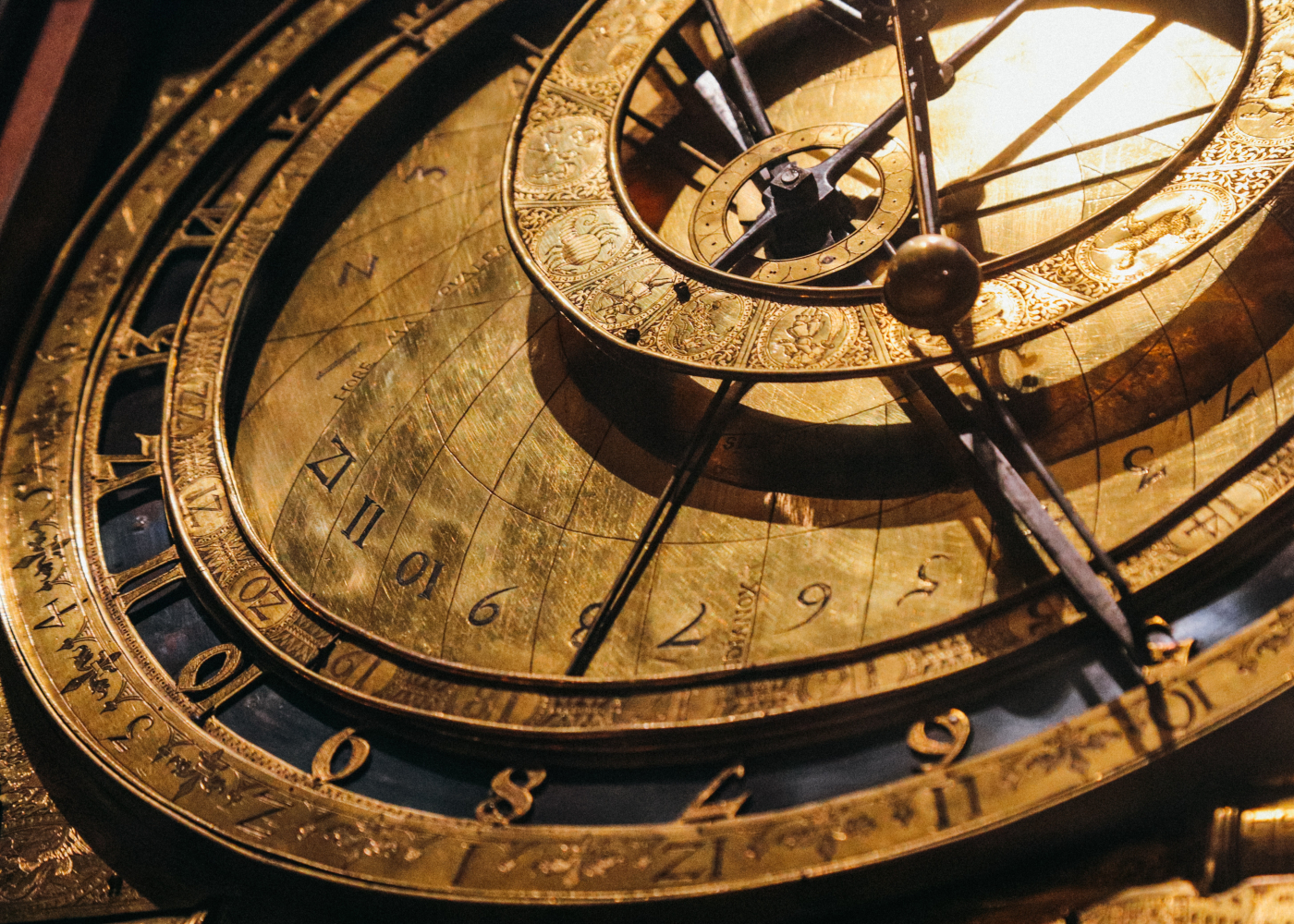
Time in physics
Famous physicist Isaac Newton theorized the existence of a universal clock: he believed that time was the same for everyone everywhere. Almost two hundred years later, Albert Einstein proved him wrong. Einstein discovered that time depends on the observer, which is due to two factors. First, time depends on the state of motion of the observer. Loll gives the example of a twin brother and sister. The sister travels in a rocket while the brother stays on earth. When she comes back to earth, her brother has aged much more than she has. So time ran slower for her, because she was travelling so fast. Secondly, time is also dependent on the location of the observer. Gravity makes clocks run slower. Thus on earth, the passing of time is different than in a satellite orbiting the earth.
These time differences can be hard to grasp because we don't encounter them in our daily lives. To be able to measure a time difference as a result of the state of motion for example, the observer would have to travel close to the speed of light. And in a satellite 20,000 kilometers from earth, time runs about 45 microseconds faster per day than on earth. Not very noticeable, you might think. Loll explains that even though this difference seems irrelevant, it could result in our GPS to be inaccurate by multiple kilometers within a day.
What we can learn from physics
How can physical theories help us in our philosophical journey into what time means to us? According to Loll, physics shows us how limited we are in our intuition. This does not mean, however, that she never uses her intuition. When you use your intuition, according to Loll, it is just important that you always doubt it as well. Although physics is not really in our intuition, it can help us answer questions like "where did everything begin?" and "where do we go?". It has brought us the wildest questions, that philosophers might have never thought of before physics showed us the surreal possibilities of the universe. And maybe, a part of time will always stay a mystery. Loll: "There are some questions about time that we will never be able to answer with physics, but physics could contribute to how we understand things."
In this blog, we only incorporated a small part of the topics that prof. dr. Renate Loll touched. She also discussed the directionality of time and explained the notion of time in physics in much more detail. Do you want to know more? You can watch the recording here.

